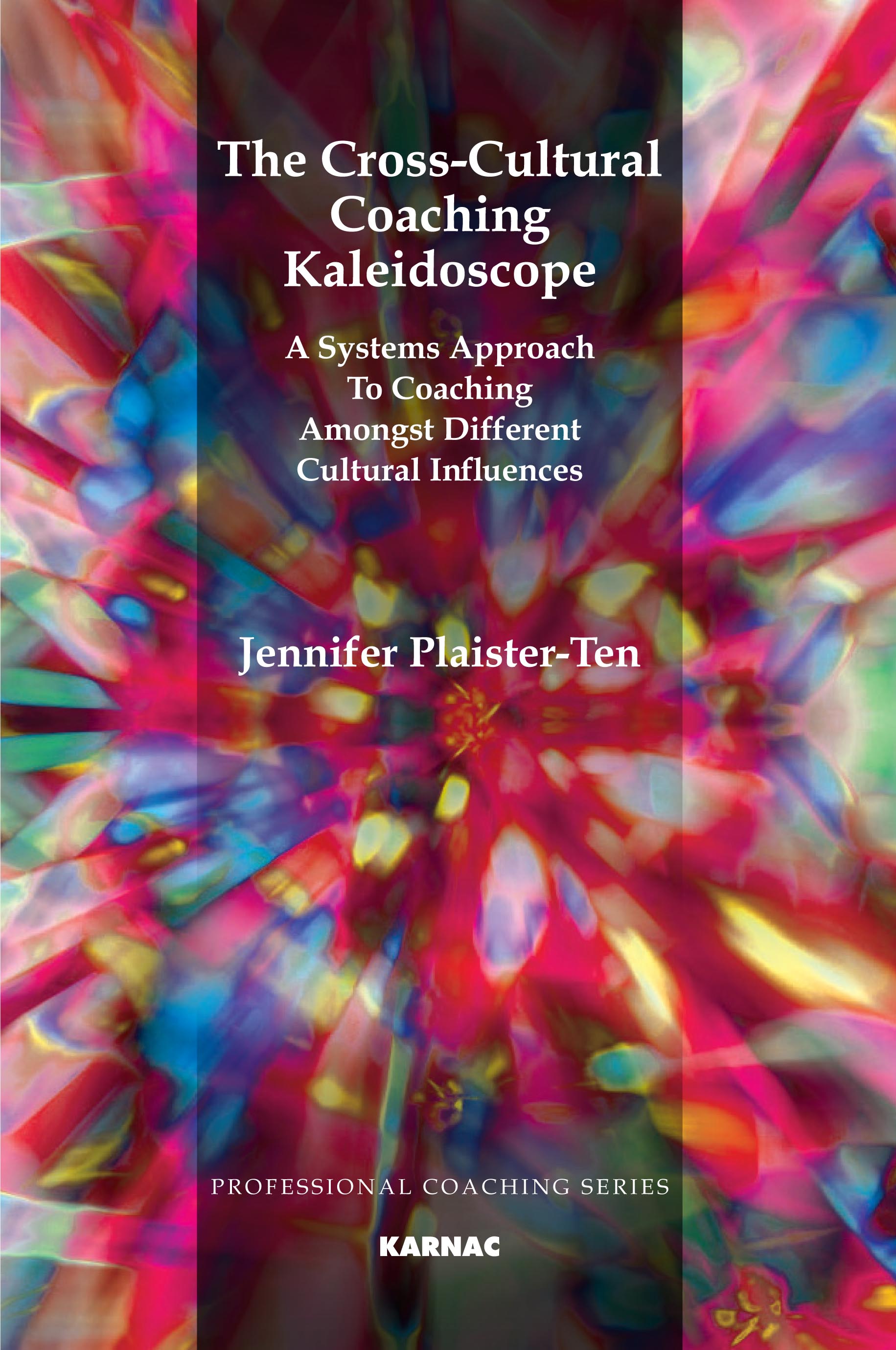
OXFORD, UNITED KINGDOM - The “most significant text in the field of intercultural coaching”, according to Professor David Clutterbuck, has been written
by Oxfordshire-based 10 Consulting’s Director, Jenny Plaister-Ten. The book brings a unique approach to describing the impact of culture in our lives
that suggests that culture – although subconsciously held - has individual and distinct meanings for each and every one of us; despite an allegiance
to cultural tendencies at a collective level.
The book, The Cross-Cultural Coaching Kaleidoscope, a systems approach for coaching amongst different cultural influences, is described as “a
must-read for coaches working in multi-national corporations”, according to Sally Bonneywell, VP Coaching, GSK and for global leaders and for educators
worldwide. It describes how culture impacts our behaviour in subtle ways and how that behaviour is then transferred to the workplace as cultural differences
that can be misunderstood and misinterpreted.
It is the result of many years of research that began in 2008, when the author graduated with an MA in Coaching and Mentoring Practice from Oxford Brookes
University and was awarded with distinction. “Writing this book was a privilege”, says Jenny Plaister-Ten. “It represents 20,000 coaching hours from
coaches practising in twenty-seven countries. Collectively they had coached forty-three different nationalities in all of the continents of the world.”
Key among the findings was that a universal approach to coaching is not appropriate, given the nature of our multi-cultural societies today. Significantly,
it has been suggested that the model from which the book takes its name, “The Cross-Cultural Kaleidoscope” is a tool that challenges beliefs and assumptions
that we are socialised into being “the truth” about our fellow citizens, according to Dr Lloyd Chapman, a coach practising in South Africa. This tool
has been tested in practice and has been found to quickly provide for deep levels of coaching. “Without using this tool it is unlikely that this depth
of understanding would have materialised,” said Carol Whitaker, Director Whitaker Consulting, when talking about working with an entrepreneur from
Lebanon.
The purpose of the model is to raise culturally-derived awareness in the coaching relationship and to enable the coachee to take culturally-appropriate responsibility. Its striking visualisation builds up in three phases. The first phase incorporates the notion of a ‘cultural self’ at the centre surrounded by the external influences that a person is exposed to during the course of a lifetime, such as politics, economics, history, the arts, education, the legal system, communities as well as cultural norms and diversity. The second phase shows how the internal and external worlds become interweaved with values creating the sense-making. In stage three the model “collapses” to illustrate the complexity of the cross-cultural landscape. Where, thanks to multi-cultural societies, migration and globalisation, boundaries are blurred and the 21st century person is a complex mix of influences. In taking a systems perspective, the coach or mentor is able to incorporate the external factors influencing thoughts, feelings and behaviours whilst honouring the impact of culture upon the individual self and how it influences our choices and decisions and shapes our actions, interactions and behaviour.
The top ten tips from the book include:
The book is available from Karnac in the Professional Coaching series and from Amazon.
To order a review copy, or ‘Top Ten Tips Explained’ please contact Jenny Plaister-Ten on +44-7970-711280 or +44 (0) 1235 847775.
Jenny.Plaister@10Consulting.co.uk
